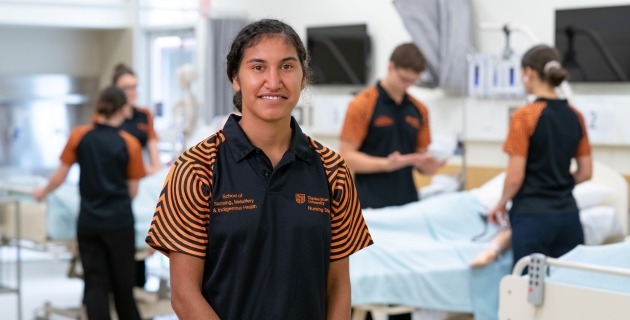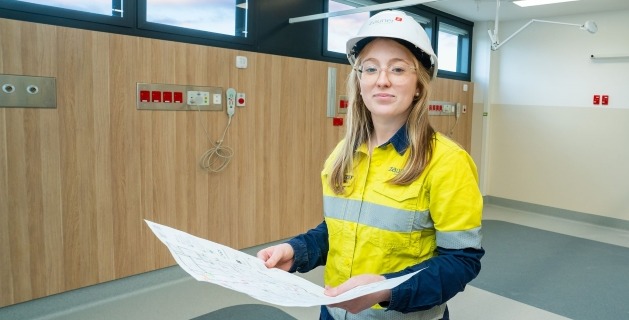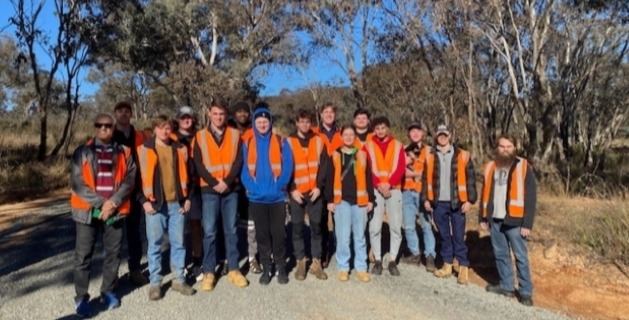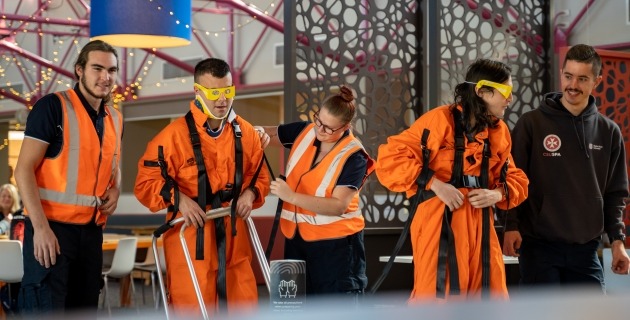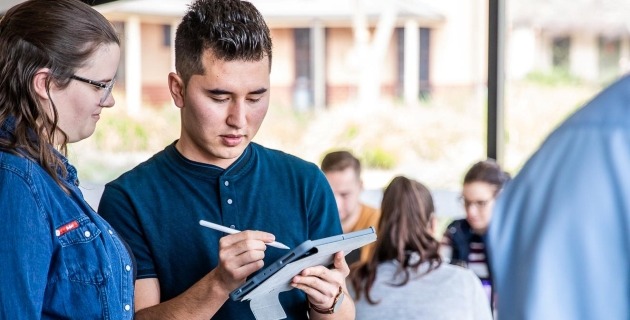Work-integrated learning, also known as WIL, combines theoretical knowledge with authentic and meaningful work practice. It involves partnerships with community or industry and is embedded within the curriculum. WIL supports students' academic studies, employability skills, and contributions to society as active citizens.
There are five main categories of work-integrated learning, use the accordions below to find out more about each WIL type.
